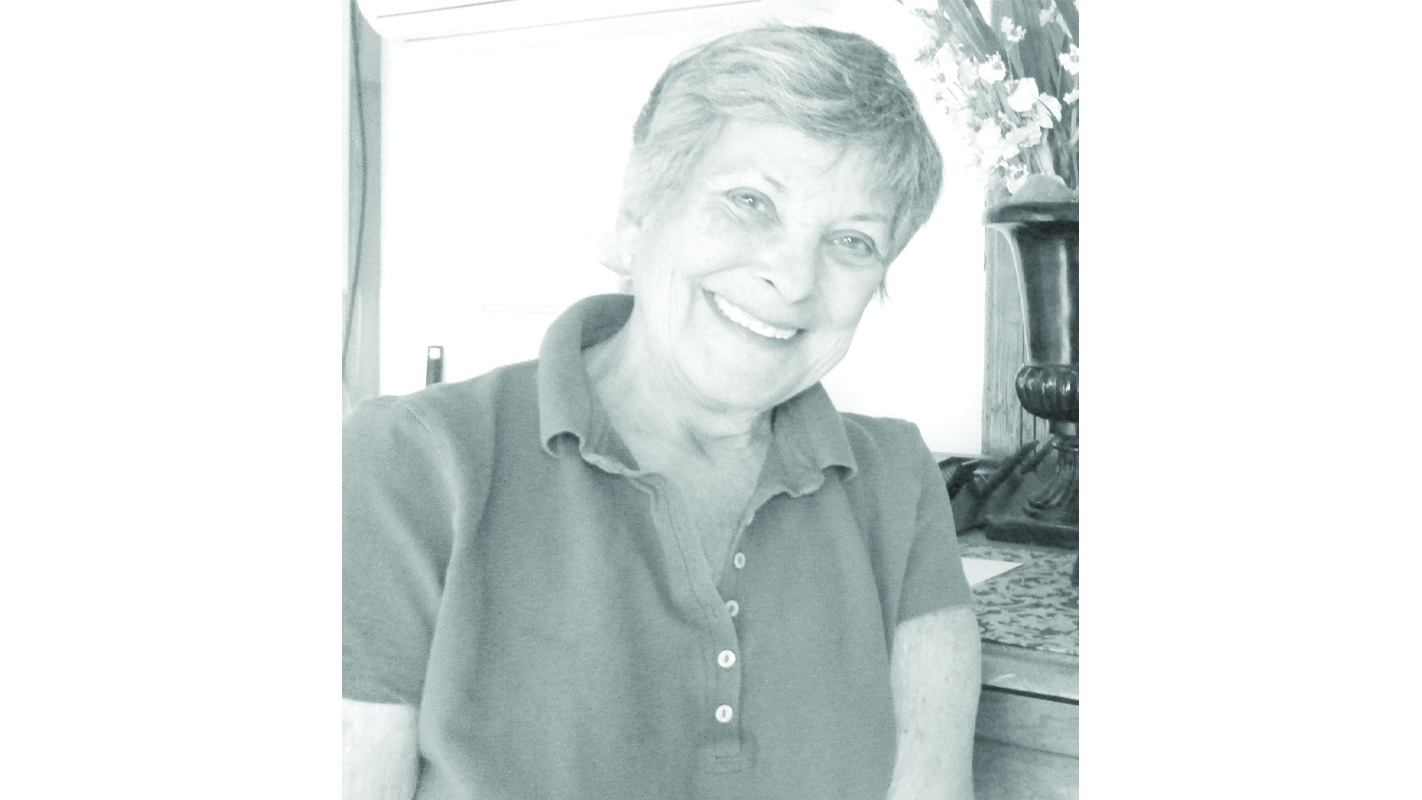By Dian Cohen
We’ve just celebrated the struggles for liberty of les Patriotes almost 200 years ago. Dictionary definition of liberty: the power to do as one pleases; the positive enjoyment of various social, political, or economic rights and privileges.
I spent the weekend reflecting on how profoundly our social, political and economic rights and privileges have changed within the span of just my lifetime, let alone 200 years. And how what’s already changed is modifying how we conduct our lives and govern ourselves. And what liberty means now and what it will mean in the future.
Think about it. When I was a kid, Canada and Quebec had an agricultural economy, with fully 1 in 3 people working to get food on our tables. Not a lot of liberty – just a lot of mandatory work to survive. Today, barely one in 50 Canadians works in this area and we import about 50,000 temporary workers each year to do the job.
The rituals and obligations of our lives were well defined as I grew up: a man’s place was to go out and earn a living; a woman’s place was to marry, have children and make a home for the family. The birthrate was sufficient to grow the population. The freedom to enjoy a homosexual lifestyle or a bi-racial marriage or to get into an Ivy League university if you were smart and non-white did not exist.
Today, most of us live in cities – there’s no need to have lots of kids to help with the work, and the innovation of birth control methods meant that having children – now a cost centre for urbanites – is a choice, no longer an obligation. The definition of what a family is today is not what it was even 50 years ago – virgin before marriage? male-female legal commitment? These were obligations. Today they are not, and they have changed our relationships to many things – religion, work and each other.
Along with these stunning changes, life expectancy has been expanding even as industrial production has been declining. It has risen from 58 years old in 1930 to 67 in 1950 to 82 today. A 65-year-old today can look forward to another 18-21 years; an 80-year-old can expect on average another 8-10 years. Is this liberating? Do we in fact look forward to doing what we please?
Life expectancy has increased partly because of medical advances and partly because the vast majority of us no longer works in dangerous commodity-mining or in industrial factories. All these trends are likely to continue. But our society is unlikely to tolerate people living to be 100 or more if they are not healthy and productive during their lives, including the last 10 or 15 years. That’s what we’re tolerating today, and we can already see the economic and social toll on our healthcare system, not just the medical part of it but the adjacent parts like home care and assisted living. Think about wait times for elective surgery, to see a doctor, to get a doctor, to access an MRI machine, paucity of accessible home care and dynamic, stimulating assisted living, etc.
Over 40 per cent of all Quebec government spending is on healthcare and Quebec’s 2021 budget acknowledged the relative failure of assisted living arrangements. Having a fast-growing cohort which also consumes increasing amounts of taxpayer supported healthcare services is economically unsustainable. So even today, increasing life expectancy is not a sufficient goal – it will now have to be accompanied by medical advances that cure the degenerative diseases (think Alzheimer’s, Parkinson’s, cancers) that allow people to stay alive but be not just non-contributors to society and the economy, but a drain on it.
This may sound harsh to you, but just think of how we’ve navigated all the changes over the last 90 years – disruptions and scandals and protests and mistrust of politicians and institutions and raucous elections.
Liberty: the power to do as one pleases; the positive enjoyment of various social, political, or economic rights and privileges. If we peer studiously into the foggy future we can actually see the outlines of where changes will come from. And who’s going to be pushing for them. I’ll delve into that in the next little while.
Dian Cohen is an economist and a founding organizer of the Massawippi Valley Health Centre.
Cohendian560@gmail.com
For full story and others, subscribe now.






